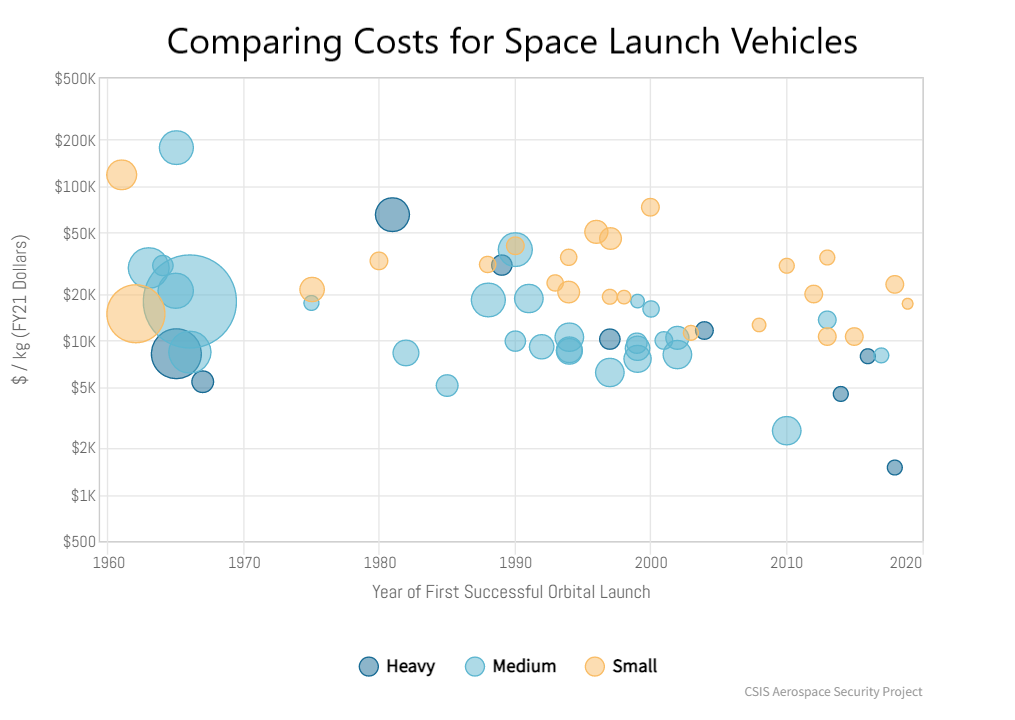– Advertisement –
We all know that retirement planning advice tells us to begin as soon as we start our adult working life, but not all of us did. Sometimes, it was so far away that we felt like we had time, or maybe, life events happened that wiped it out. Regardless of what happened, if you are in your 50s, you are probably feeling the retirement crunch and wondering what you should do. The good news is that it is not too late if you use the right strategies.
Assess What You Need
According to a recent study, many Americans in their 50s have close to $461,779 saved. Another survey found that the average person between 50-55 has only $8,000 saved. This shows that it is all in who you ask. Regardless of where you are on this scale, it is time to find out what you need so that you can develop a solid plan to get there.
On average, people can expect to receive an average of $1,369 from social security. That equates to a little over $16,428 a year. For most, the thought of living on that amount of money is a frightening prospect. Even if you have your mortgage paid off and no other debt, this is still barely enough to make it. Given these figures, you need to think about the lifestyle that you want to lead, figure out a projected retirement budget, and develop a solid plan.
Max Out Your 401k and IRA
If your projected budget falls short, you might need to take a look at your current lifestyle and do a little bit of trimming so that you have more to put into savings and investments. The good news is that once you turn 50, you can put more into your IRA and 401k. When you are under 50, you can only contribute up to $19,500. This cap is lifted at 50, and you can turbocharge your contributions. Once the money is in the 401k, don’t touch it or use it like an emergency fund because this counteracts the benefits of compounding.
If your company offers any perks, like matching or the services of a financial advisor, be sure to take advantage of them. Having the experience of a financial planner might give you more ideas on how you can reach your goals by the time you need them. It might be wise to delay your retirement so that you can take advantage of employer-sponsored benefits for a longer time.
Consider Additional Income
The more you can contribute now, the better off you will be as retirement grows closer. If you can add some part-time income or a second income stream while you are still healthy and able, it will help your monthly cash flow now and help you put more into savings and investments. Now, there are many opportunities online that you can do from your home on a part-time or full-time basis.
Aggressively Pay Off Debt
If you are not already, you should be doing everything you can to pay off debt. This might mean tightening the budget, looking for additional income streams, or anything else that you can do. Debt works against your ability to save and take advantage of compounding, especially if it is high-interest credit card debt. You need to think about how much faster you could reach your goals if all those payments were going into savings.
Another thing to consider when doing retirement planning is that in the 1940s, the average lifespan after retirement was 14 years. Now, people are living an average of 20 years or more after the age of 65. If you feel like you are behind, these tips will help you catch up. The more you do now, the better off you will be. It is not too late, and the best time to start is now.
– Advertisement –



